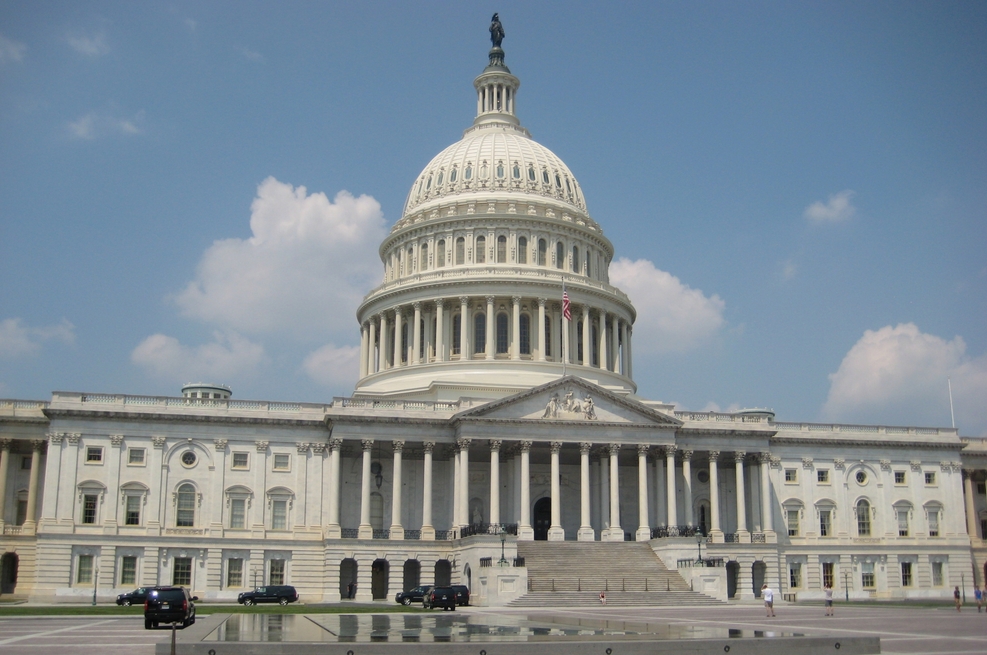WASHINGTON D.C.-Continuing his efforts to improve the lives of rural Alaskans, U.S. Sen. Mark Begich yesterday underscored the need to provide more tools to rural communities to combat some of the nation’s highest rates of substance abuse, domestic violence, child abuse and suicide.
His comments came during testimony before the Senate Indian Affairs Committee on his Alaska Safe Families and Villages Act of 2011
Begich’s legislation aims to improve public safety in Alaska’s most remote communities by providing funding for up to nine Alaska Native tribes to participate in demonstration projects allowing the tribes to establish tribal ordinances, create or strengthen tribal courts and impose sanctions on violators.
“I hear from Alaska’s tribal leaders every day about the need for more resources to address suicide, substance abuse and domestic violence. So I worked with tribal leaders for a solution that gives them more resources, is culturally relevant and addresses the public safety concerns in remote villages,” Begich said.
Noting the legislation is broadly supported by the Alaska Native community and the Alaska Federation of Natives, Begich said it will give communities the tools they have been asking for to bring stability and justice to their homes and villages.
“Many of our remote villages lack adequate local law enforcement. The nearest State Trooper often is a long airplane ride away. And if the weather’s bad, it can take days for the law to show up,” Begich said.
The senator noted the bill establishes a demonstration project which, if successful, can be expanded later. The idea, he said, is for tribes to work with local law enforcement to deal with the crimes around substance abuse and domestic violence.
“My bill doesn’t pre-empt the State, it enhances it. Our State Troopers do an excellent job, but they are spread too thin. This bill allows tribes to create solutions that work for their communities,” Begich said.
Begich’s testimony was supported by Ralph Anderson, president and chief executive officer of the Bristol Bay Native Association and co chair of the Board of Directors of the Alaska Federation of Natives.
“It makes far more sense to address low grade offenses immediately, at home, rather than waiting until they get so bad a person is caught up in the state criminal justice system, jailed, and sent to court dozens or even hundreds of miles away from home,” Anderson testified. “This is very much a common sense bill to fill gaps in existing services. Although the demonstration project starts small, we believe it will be such an obvious success Congress will expand the program and make it permanent in future years. Alaska Native villages are far better situated to address social problems, particularly involving children and youth, at home under tribal authorities, than is the state government.”
Acknowledging the State of Alaska does not support the bill, Begich said the State would maintain the primary role and responsibility in criminal matters, while participating tribes could help with local solutions for more minor offenses. Participants would also be eligible for Village Peace Officer grants.
The Alaska Federation of Natives passed a resolution during their 2011 convention supporting the legislation.








